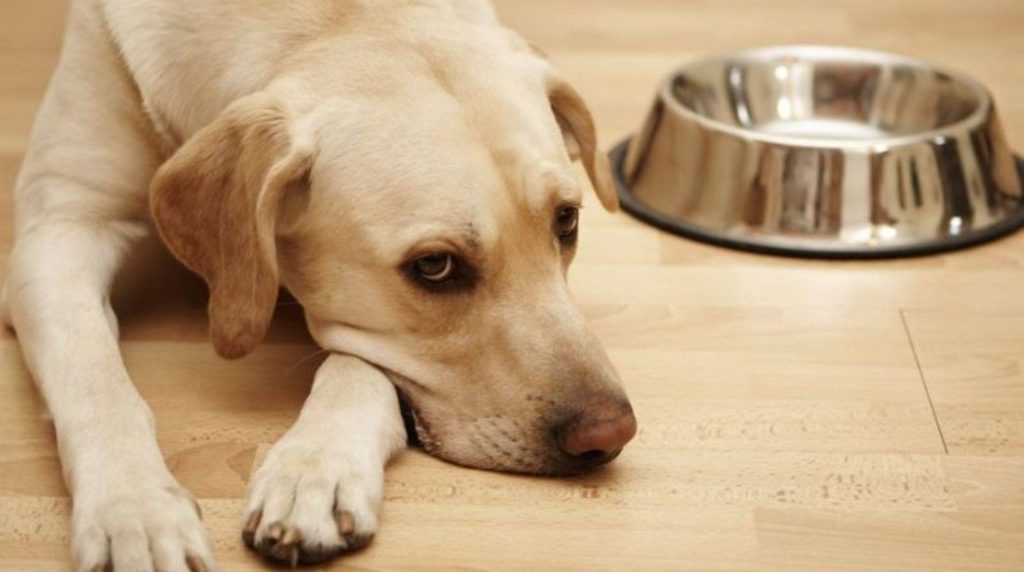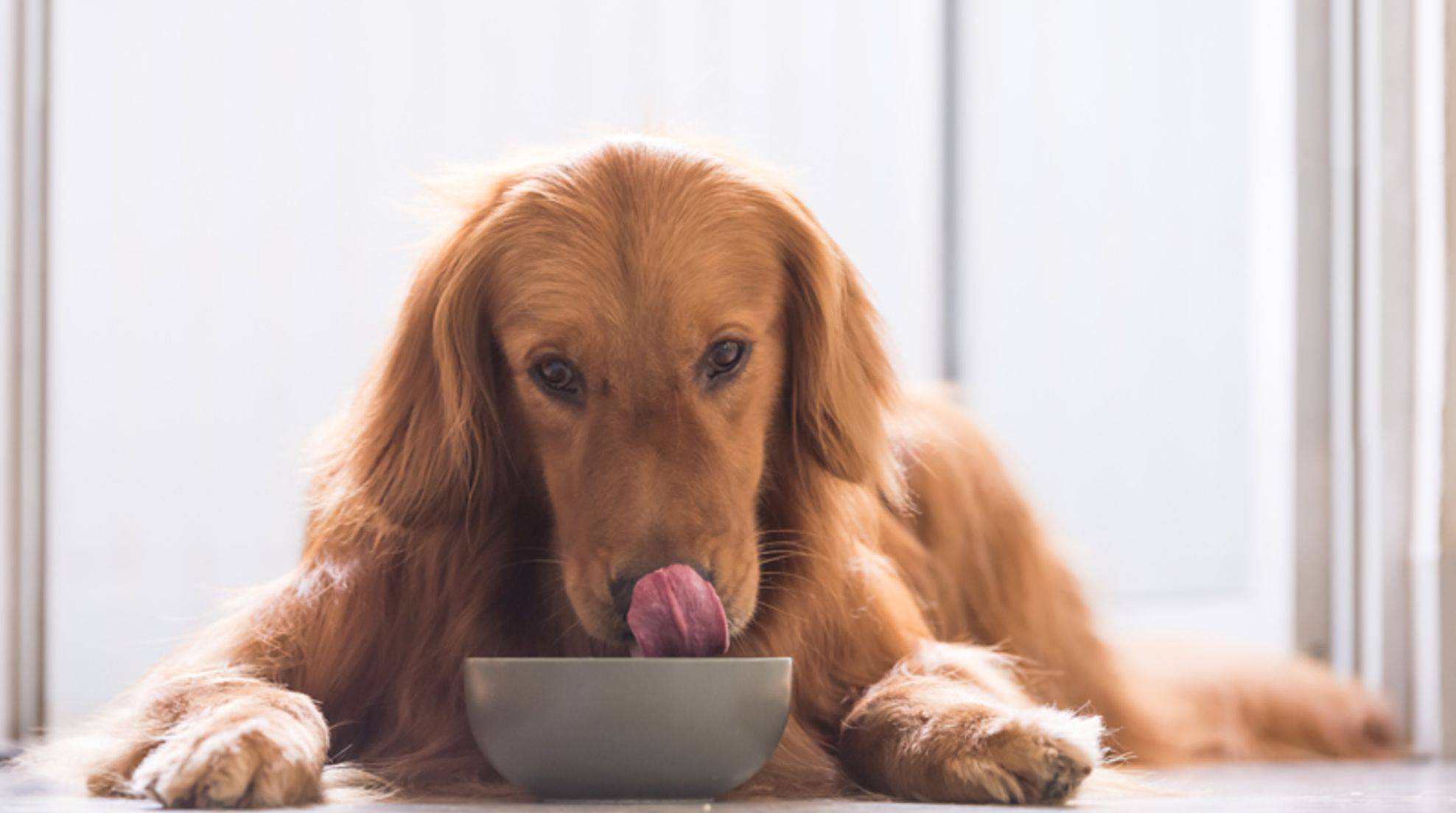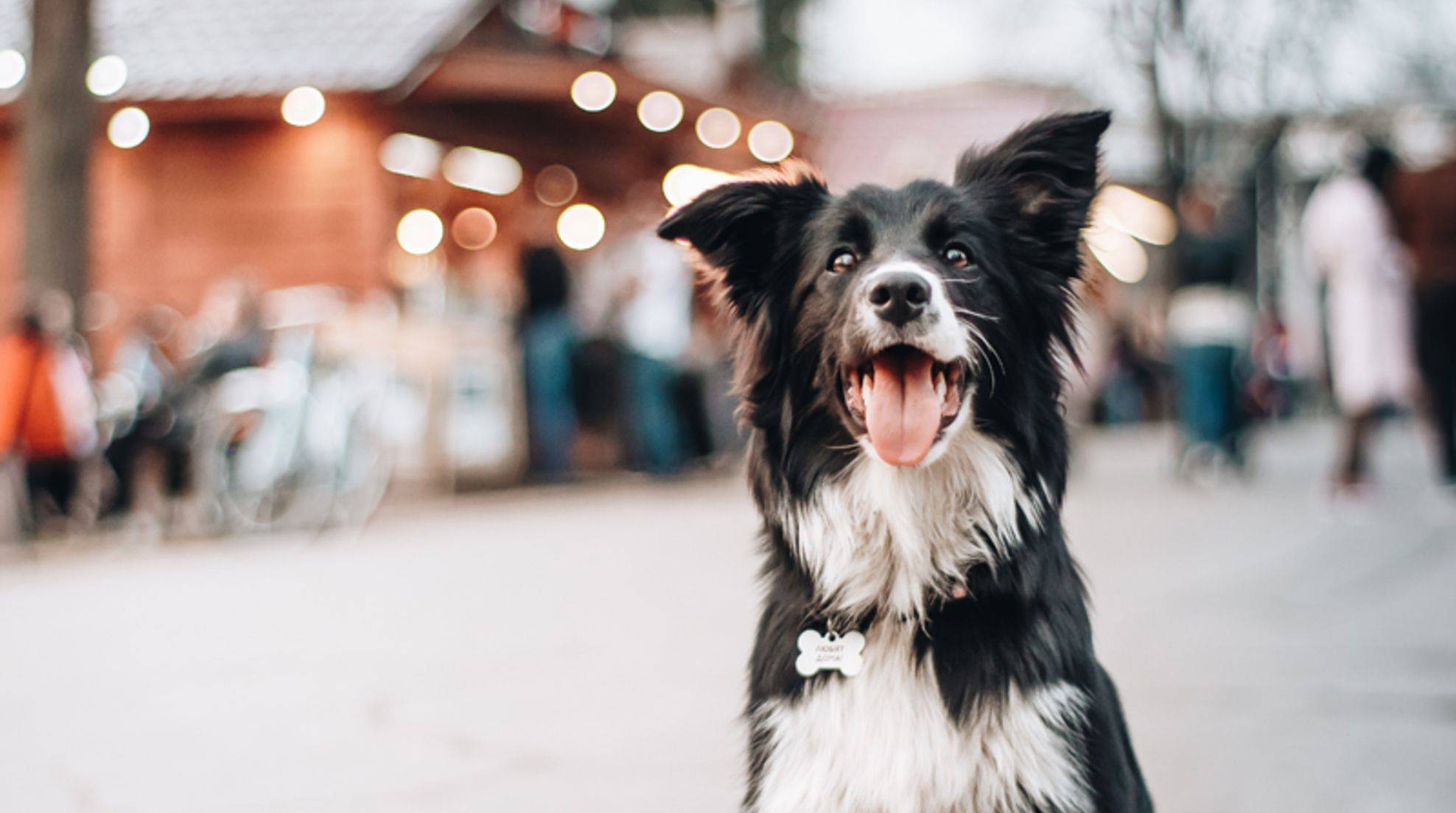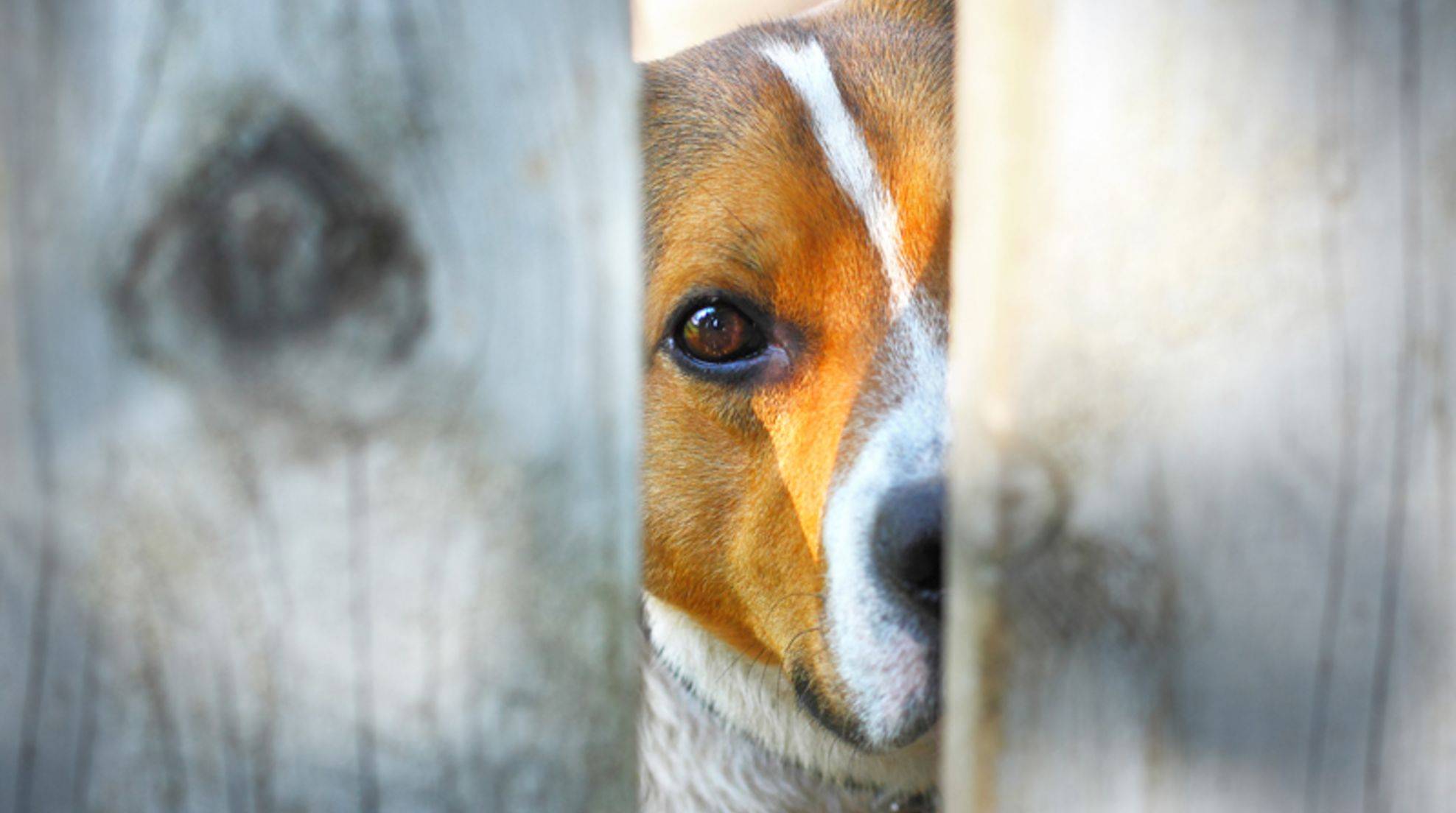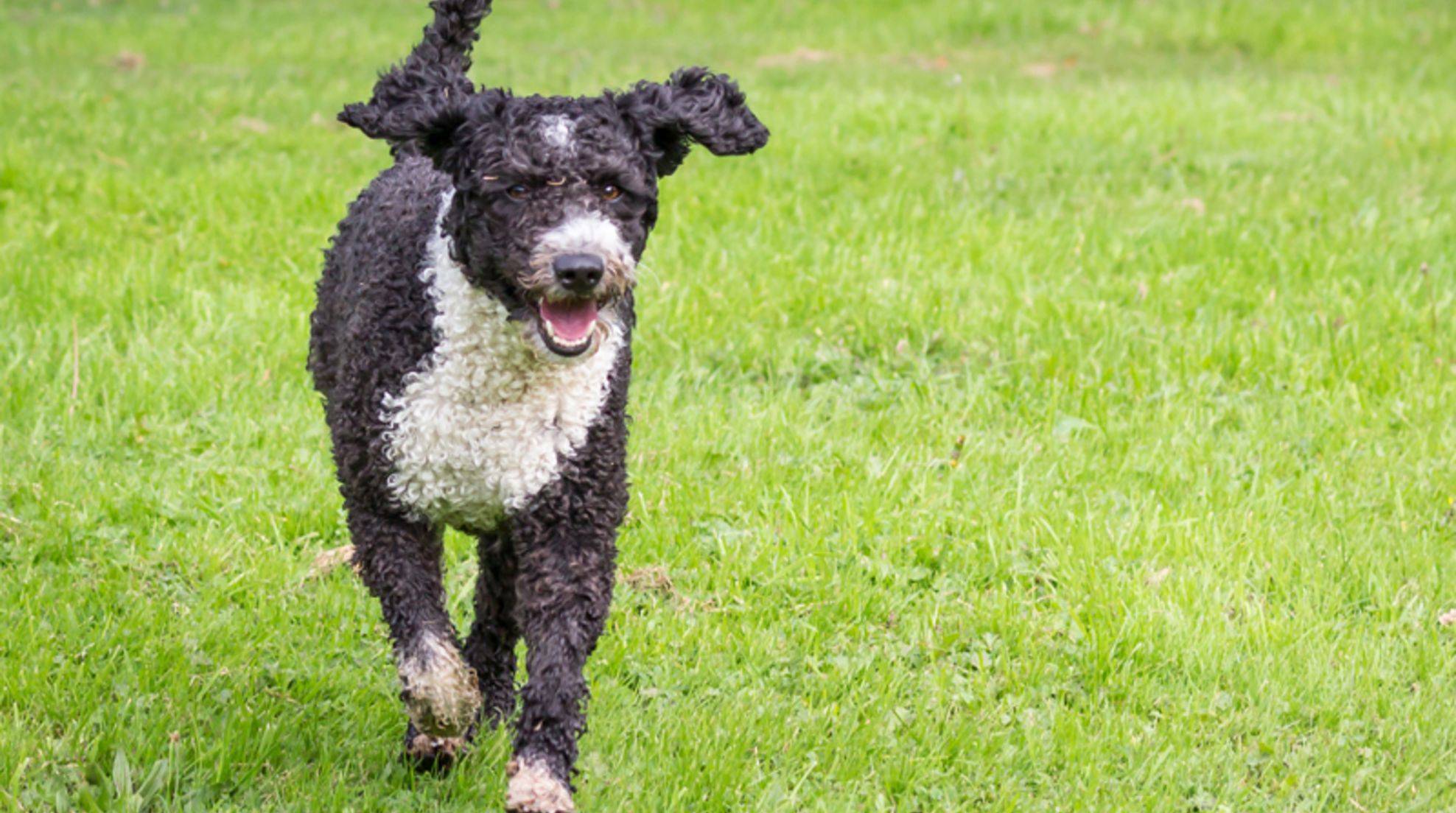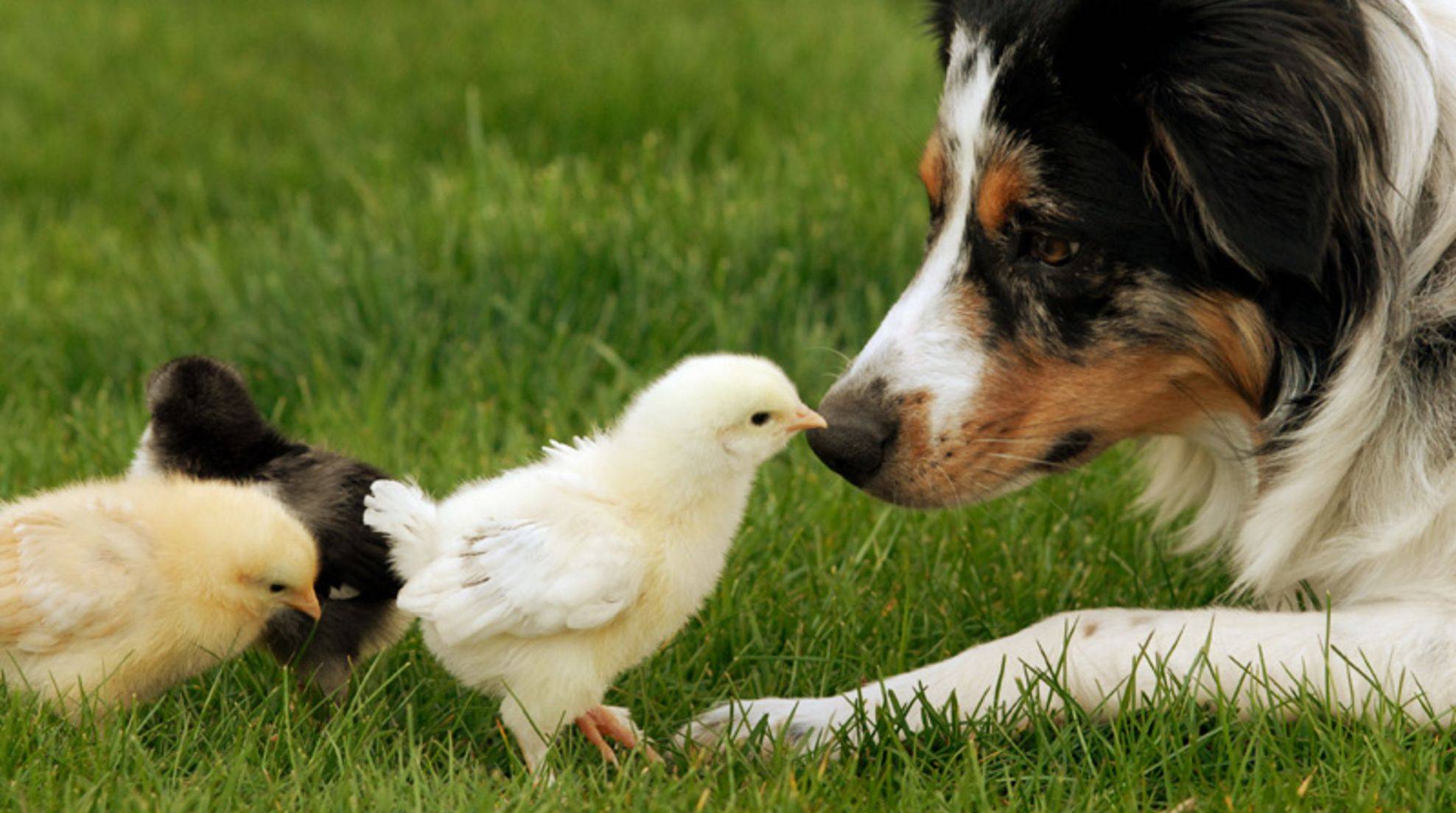What to do when your dog does not want to eat
If your dog does not want to eat, it is often not only due to the food. Sometimes the circumstances of life or the relationship between man and animal influence the decision whether a four-legged friend eats very gladly, hardly or not at all. It can also be that the lack of appetite is a symptom of illness. With the following tips you can find the cause of the “food strike” and help your darling.
It is very unusual for dogs not to want to eat; therefore, if your four-legged friend still experiences a loss of appetite, you should observe it carefully. A dog is usually not picky about food, nevertheless, provided that he does not show any other symptoms of illness, you can try whether he refuses to eat in general, or whether he eats special treats without any problems. At the slightest doubt, however, the rule is: better go to the vet!
Your dog does not want to eat: Physical reasons
Gastrointestinal problems, a mild infection or a spoiled stomach due to bad food can be the cause if your dog does not want to eat. When in pain, four-legged friends, not unlike us bipeds, lose their appetite. However, in addition to stomach pain, toothache is also a possible reason for loss of appetite. If caries, periodontitis and gingivitis have spread in the mouth, chewing hurts and the dog refuses to eat.
Your companion may also refuse food for psychological reasons. For example, if a close family member dies, this often affects the animal’s stomach as much as it does yours. Appetite is controlled by the hunger center in the brain. If there are disturbances there, it no longer eats. In addition to grief, stress, anxiety or depression can also cause the food bowl to remain full.
In case of food refusal better to the veterinarian
Try to explore the cause of the “hunger strike.” If he seems to have difficulty chewing and swallowing, it’s best to look in his mouth for redness, swelling or oozing. Plaque and tartar also indicate that the problem is in the dog’s mouth.
If your dog’s teeth and gums look healthy, gastrointestinal distress is another common cause of loss of appetite. Palpate the dog’s belly: a telltale sore belly is usually rock hard. This can be due to several reasons, possibly your dog ate something he couldn’t tolerate or swallowed a foreign object. The latter can lead to a dangerous intestinal obstruction. A food allergy or intolerance can also be behind it – the usual dog food then leads to digestive problems such as flatulence, diarrhea or constipation, abdominal pain and nausea.
Other chronic diseases can affect the gastrointestinal tract and lead to loss of appetite, among other things. Pancreatitis, for example, can be accompanied by food refusal. If your dog does not want to eat and also seems listless, listless and loses a lot of weight in a short time, go to the vet as soon as possible and have the symptoms clarified.
Animal psychologist helps with mental causes
If the vet was unable to determine a physical cause for the loss of appetite, there are probably psychological reasons behind the fact that your dog is not eating. Try to cheer him up with a lot of attention, playing and going for walks and excursions together. He may also be persuaded to eat food that is warm from the room – especially if it is his favorite variety or a special delicacy such as beef heart. If your dog is inconsolable, find help from an animal psychologist or a psychologically trained dog trainer. The main thing is not to wait too long before taking your four-legged friend first to the vet and then possibly to an animal therapist. Diseases are usually best treated if they are detected as early as possible.

